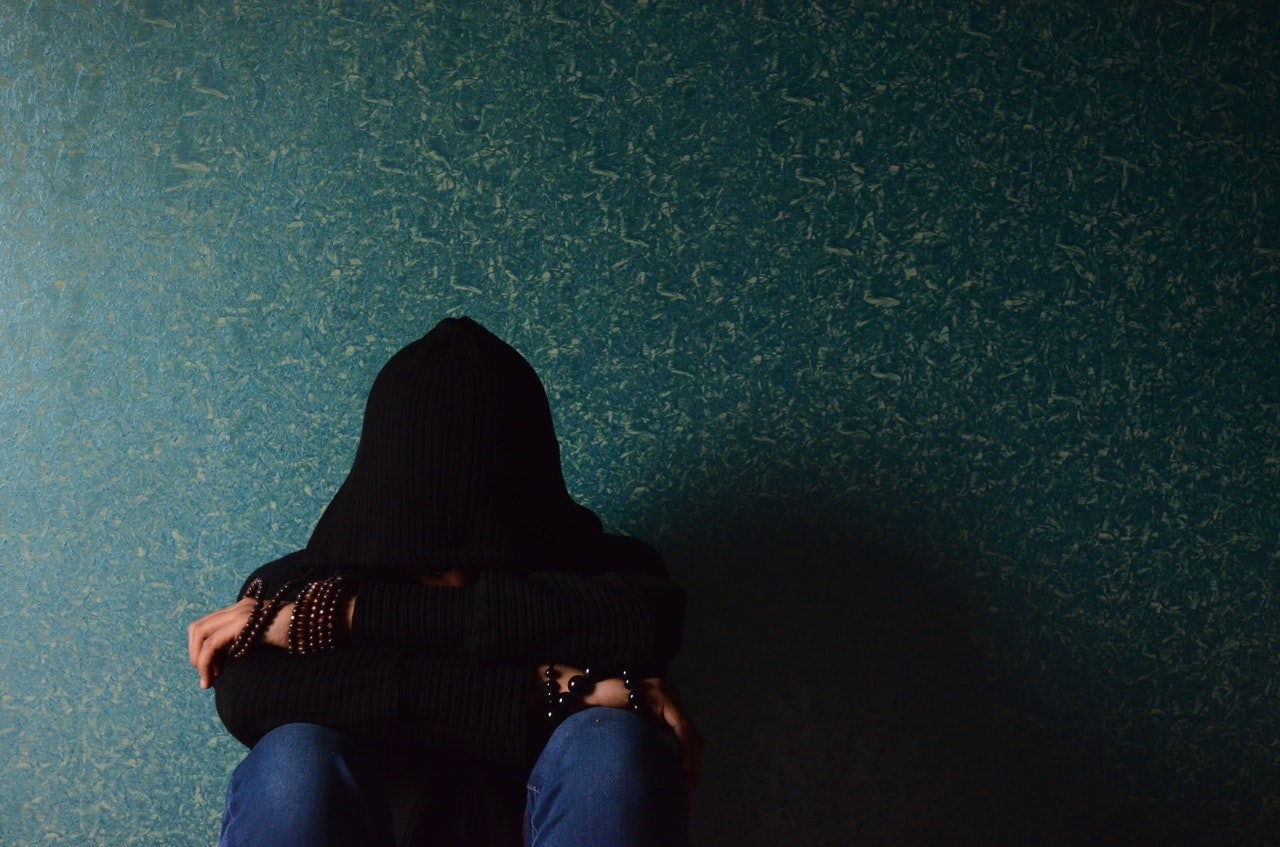Psychological disorders are patterns of psychological or behavioral symptoms that have a large impact on the lives of the person experiencing the symptoms and those around them, most often causing them difficulties. Though it sounds like a serious medical condition, many people live, or have lived with some form of psychological disorder at some point in their life. There are a variety of different psychological disorders that affect the lives of people, in varying degrees. In general, disorders are broken up into these categories: anxiety disorders, mood disorders, psychotic disorders, eating disorders, impulse and addiction disorders and personality disorders.
Many of the most common psychological disorders are anxiety disorders. These are usually characterized by a general feeling of unease and often dread. These disorders can make it hard for someone to function in everyday life, and the symptoms can last a long time. Some of the more common anxiety disorders are Generalized Anxiety Disorder, Post-Traumatic Stress Disorder, Obsessive-Compulsive Disorder, Panic Disorder as well as Phobias. These disorders can be treated by mental health professionals, or therapists.
Mood disorders are also quite prevalent, especially in Americans. These disorders usually consist of long periods of sadness interspersed with bouts of extreme happiness. The swing between extreme sadness to extreme happiness can often have a detrimental effect on the life of the person. The most common mood disorder is depression, with 13 to 14 million people struggling with it per year. The next most common mood disorders are mania and bipolar disorder.
Psychotic disorders are one of the more serious ones, and can have a seriously detrimental impact on the life of the person experiencing it. Psychotic disorders often involve hallucinations and a distortion of what is reality and what isn’t. The person may also hear voices that influence their actions. Another facet of this type of disorder is delusions, which is when the person maintains belief in certain things despite all evidence being for the contrary. Common psychotic disorders are schizophrenia and delusional disorder.
Eating disorders are often one of the most talked about disorders. It consists of any extreme attitude or behavior towards eating, such as eating too much, not eating enough or throwing up the food one eats. A common misconception about eating disorders is that they are just about the food. However, these disorders often are caused by deep rooted mental issues that a mental health professional must be aware of. The most common eating disorders are bulimia, anorexia and binge eating.
Impulse and addiction disorders often have extremely destructive impacts on the lives of the person affected. The person is unable to resist impulses to do things, that are most often illegal or wrong such as stealing (kleptomania) and starting fires (pyromania). Being unable to resist these urges can often cause the person to be imprisoned or hurt. Another part of this disorder type is addiction to things like gambling, alcohol and drugs. These addictions can cause people to lose sight of everything else in their life, destroying their relationships and thus destroying their lives.
The final general category is personality disorders. These consist of a person having personality traits that cause them to conflict with social interactions in their daily lives. They are set in their personality and their ways, so the disorder causes issues. These can include lack of interest in others (schizoid disorder), paranoia (paranoid disorder), disregard for laws and others (antisocial disorder), extreme black and white thinking (borderline disorder) and shallow emotions (histrionic disorder).
It’s clear that there are a multitude of psychological disorders, and that many of them are quite common and prevalent. However, it is comforting that understanding and acceptance of these problems, though tentative initially, is growing consistently.



